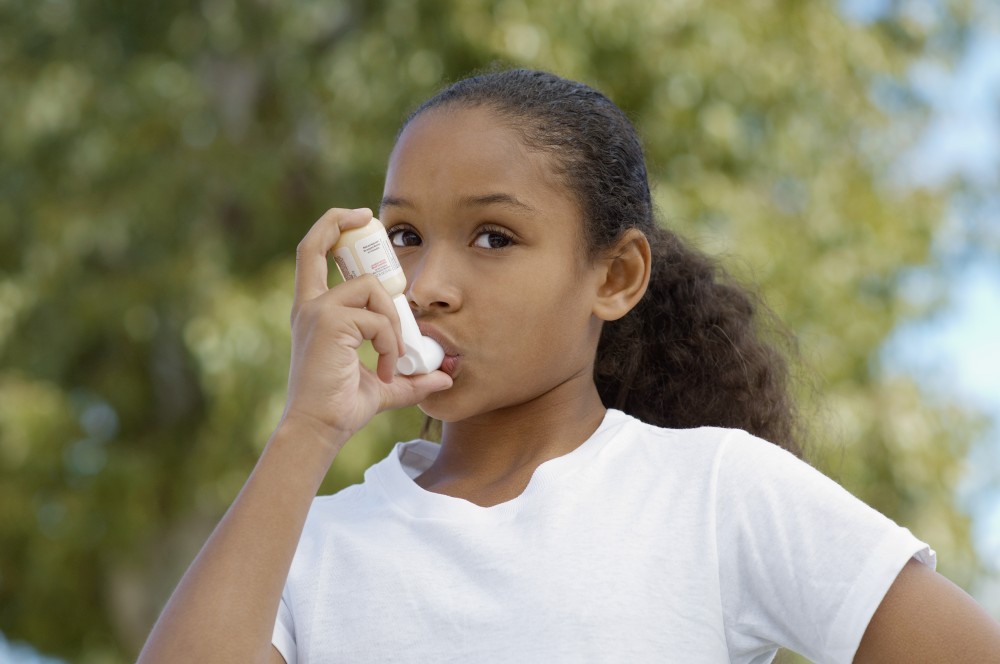Pollution from burning coal and gas threatens critical organs like our lungs, heart, and brains.
Children, pregnant women (or those trying to become pregnant), and those who live and work around coal-burning power plants are at highest risk.

Toxic Pollutants Cause Health Problems
As coal plants produce power, they also produce toxic pollutants that can cause a range of health problems. Those include
- Lung conditions like bronchitis, emphysema, asthma, and chronic obstructive pulmonary disease ;
- Heart conditions like heart attacks, arrhythmias, and congestive heart failure;
- Brain and nervous system conditions like strokes and loss of intelligence.
Fracked Gas Risks Health, Climate and Justice
Fracked gas is a danger to all communities, risking public health, environmental devastation and climate disruption. Gas plants emit formaldehyde and nitrous oxides (NOx) which can cause respiratory ailments.
Building new gas infrastructure is a particular danger to Black, Brown and Indigenous communities, who bear a disproportionate burden from pipeline construction and the other consequences of fossil gas.
Children, whose lungs are still developing and who are more likely to be active outdoors, are at the greatest health risk from air pollution. In addition, people who work with coal in any capacity (in mines, at power plants, in train lines and at ports) are more likely to suffer from long-term health effects, including permanent scarring of their lungs.
Fossil Fuel Plants Poison the Food We Eat
Burning coal releases toxic mercury that rains down into rivers and streams. This poison then accumulates in the food chain, eventually making its way into our bodies when we eat contaminated fish. Mercury, a powerful neurotoxin, can damage the brain and nervous system.
Women who are pregnant or thinking of becoming pregnant are especially at risk--mercury exposure can harm fetus’ developing brains and nervous systems. Children who were exposed while in the womb can develop problems with memory, attention, language, motor skills, and spatial skills later in life.
Though the Obama Administration put strong standards in place to regulate mercury emissions from coal-fired power plants, the Environmental Protection Administration has proposed rolling back those Mercury and Air Toxics Standards. Take action now to prevent that rollback.
Fossil Fuel Plants Pollute The Air We Breathe
Nearly 134 million Americans were exposed to unhealthy levels of air pollution in 2018, and coal-fired power plants are a big contributor to that number. These plants pollute the air in these primary ways:
- Soot pollution, a by-product of coal-fired power production, is one of the deadliest, most dangerous air pollutants. When plants burn coal, they release small particles composed of a mixture of metals, chemicals, and acid droplets into the air. The smallest particles are less than one-thirtieth the width of a human hair, and are easily inhaled, where they can make their way deep into the lungs and pass into the bloodstream.
- Ozone pollution, which happens when emissions from coal-fired plants (and other sources) interacts with heat and sunlight, creates smog, which is a low-lying toxic compound that serves as a dangerous lung irritant. It can cause chest pain, coughing, and breathing difficulties.
Take Action to Secure a Cleaner Future
But it’s not enough to know when to avoid unhealthy air outdoors. To secure our future and protect the health of our families and communities, we must build clean energy sources, like wind and solar, to protect our health and boost our economy. Help bring clean energy to your community!